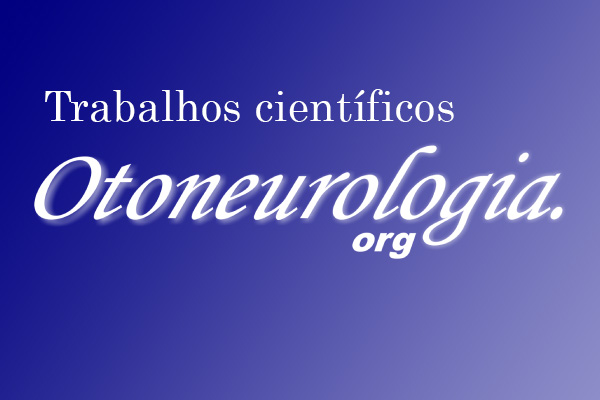Raquel Mezzalira,I,II,* Roseli Saraiva Moreira Bittar,I Marcia Maria do Carmo Bilécki-Stipsky,I,II Cibele Brugnera,I and Signe Schuster GraselI
I Departamento de Otorrinolaringologia, Faculdade de Medicina FMUSP, Universidade de Sao Paulo, Sao Paulo, SP, BR. II Clínica de Otorrinolaringologia do Instituto Penido Burnier, Campinas, SP, BR
Abstract
OBJECTIVE:
This study compared the results of the caloric test with those of the video head impulse test obtained during the same session and evaluated whether the former can be used to screen for non-acute vestibular dysfunction.
METHODS:
A total of 157 participants complaining of dizziness with vestibular characteristics of varying durations and clinical courses completed the caloric test and video head impulse test.
RESULTS:
Significantly more caloric test results than video head impulse test results were abnormal.
CONCLUSIONS:
The results of the caloric test and video head impulse test are distinct but complement each other. Within our sample, the caloric test was more sensitive for vestibular dysfunction. Therefore, the video head impulse test is not a suitable screening tool of the vestibular system in patients with chronic complaints.
Keywords: Caloric Test, Video Head Impulse Test, Vestibular Ocular Reflex, Vertigo
Link para o artigo: https://www.ncbi.nlm.nih.gov/pmc/articles/PMC5577631/




